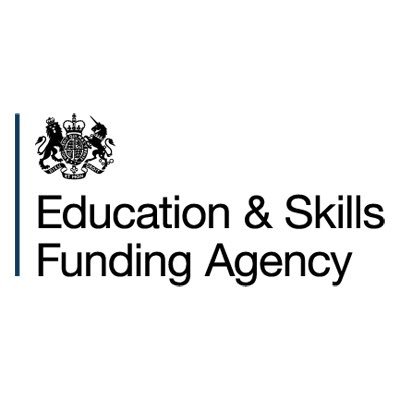The importance of good governance

Good governance is becoming increasing important for academy schools. More notices to improve are being issued and some schools are continuing to hit the headlines for the wrong reasons. Furthermore, the Department for Education (DfE) have shown they are willing to take a hard-line where necessary and only last month Durham Free School was notified it’s funding agreement would be terminated, with the school due to close at Easter.
It’s imperative all Academy Trusts ensure they have a good system of governance in place. The overall management and governor oversight of a school is receiving increasing emphasis in Ofsted inspections, as well as being an important the focus of EFA investigations. A new Governors’ Handbook was published by the DfE in Jan 2015 (Governors’ handbook 2015). This states that a governing body should focus on three core strategic functions:
These functions are reflected in the criteria that Ofsted inspectors use to judge the effectiveness of governance in schools.
Governor Recruitment
The first step is to ensure an academy trust has Governors on the board with the appropriate skills. On the 18th March 2015 Lord Nash announced £1 million of funding to help schools recruit high calibre governors (see £1m for Governor recruitment). The funding will be utilised to create a new online tool that will allow schools to search for appropriately skilled Governors.
Related Parties
A common criticism of academy governance, which often hits the headlines, is the use of suppliers who are related parties. The Conflicts of interest in academy sponsorship arrangements report, undertaken by the London Centre for Leadership in Education and the Institute of Education, found potential conflicts of interest were common in academies. These can include individuals on the board of academy trusts benefiting personally or via their companies from procurement decisions, as well as providing services under a license that prevents the school from changing provider. Academies need to be very careful to make sure all interests are declared and the correct procedures are followed when purchasing supplies from a related party. If they don’t, even if it is in the best interests of the school and offering the best value for money, they not only they risk investigation by the EFA, but also the reputation of their school if such transactions become news stories.
Common Regularity Issues
For the year ended 31 August 2013 2,248 sets of audited accounts were submitted to the EFA. Of these 25 (1.1%) had a qualified audit opinion and 73 (3.2%) had a qualified regularity opinion. Figures are yet to be released for 2014. Qualified opinions on regularity reports included:
You may find it interesting to read some of the recently published investigation reports by the EFA. These investigations have resulted in firm action, including the recovery of funds, the removal of staff and Governors, police referrals and removal of freedoms. The reports can be found on the following link: Academy Trust Investigations






